The relationship between menopause, sleep, and mood disturbances is complex and interconnected. Menopause is a significant hormonal transition in a woman's life, and it can have a notable impact on sleep quality and mood. The hormonal fluctuations and physiological changes during menopause contribute to sleep disturbances, which, in turn, can affect mood and emotional well-being.
Sleep Disturbances During Menopause
Women during menopause are at a much higher risk of having insomnia, hot flashes/night sweats, sleep apnea, and restless legs during this hormonal transition - All of which result in substantial sleep disturbances.
Here are some key points to be aware of:
- Insomnia and Menopause: Menopausal women commonly experience difficulties falling asleep or staying asleep, leading to insomnia. The hormonal changes during menopause can disrupt the natural sleep-wake cycle and contribute to sleep onset difficulties.
- Hot Flashes and Night Sweats: Vasomotor symptoms, such as hot flashes and night sweats, can disrupt sleep by causing frequent awakenings and arousals during the night. These sudden shifts in body temperature can lead to difficulty in falling back asleep, impacting overall sleep quality.
- Restless Legs Syndrome (RLS) and Menopause: Some menopausal women may experience restless legs syndrome, which causes uncomfortable sensations in the legs, often triggered or exacerbated by rest or sleep. RLS can disrupt sleep and lead to daytime fatigue.
- Sleep Apnea and Menopause: Pre-menopause, women are at a lower risk than men for developing sleep apnea. However, post menopause in the absence of estrogen, women are actually at a higher risk of developing sleep apnea.
Mood Disturbances During Menopause
Women during menopause are at a higher risk of developing mood disturbances even after correcting for separate sleep disturbances that may be going on.
Here are some key points to be aware of:
- Hormonal Fluctuations: The hormonal changes during menopause, particularly the decline in estrogen and progesterone levels, can affect neurotransmitters in the brain, such as serotonin and norepinephrine, which play a role in regulating mood.
- Sleep and Mood Connection: Poor sleep quality can have a significant impact on mood and emotional well-being. Sleep disturbances during menopause can lead to irritability, increased stress levels, and a reduced ability to cope with daily challenges, contributing to mood disturbances.
The Perfect Storm
The relationship between menopause, sleep, and mood disturbances can create a vicious cycle. Hormonal shifts, hot flashes during menopause can lead to mood and emotional changes, while specific sleep disorders and sleep interruptions from hot flashes can further exacerbate sleep difficulties. For example:
- Hot flashes and night sweats can cause sleep disruptions, leading to daytime fatigue, irritability, and mood swings.
- Insomnia and poor sleep quality can result in increased stress and anxiety, further affecting sleep.
- Mood disturbances, such as depression or anxiety, can disrupt sleep patterns and make it challenging to fall asleep or stay asleep.
Addressing Menopause-Related Sleep and Mood Issues
To manage sleep and mood disturbances during menopause, we need to consider the following strategies:
- Sleep Hygiene: Practice good sleep hygiene habits, such as maintaining a consistent sleep schedule, creating a relaxing bedtime routine, and ensuring a comfortable sleep environment.
- Stress Management: Engage in stress-reduction techniques, such as meditation, deep breathing exercises, or yoga, to promote relaxation and improve sleep quality.
- Regular Exercise: Incorporate regular physical activity into your routine, as exercise can improve sleep and positively impact mood.
- Healthy Diet: Adopt a balanced and nutritious diet, avoiding triggers like caffeine and alcohol close to bedtime.
- Identifying a primary sleep disorder: If there is a identifiable sleep disorder (i.e Restless Legs, Sleep Apnea, Circadian Rhythm disorder or Insomnia), having a personalized treatment plan can at least set the right foundation for your sleep.
- Hormone Therapy: For severe symptoms impacting sleep and mood, hormone replacement therapy (HRT) may be considered under the guidance of your primary care physician.
It's essential to remember that menopause affects each woman differently, and there is no one-size-fits-all approach to managing the associated sleep and mood disturbances. By prioritizing self-care, seeking support, and addressing specific symptoms, women can navigate through menopause with greater comfort and well-being.



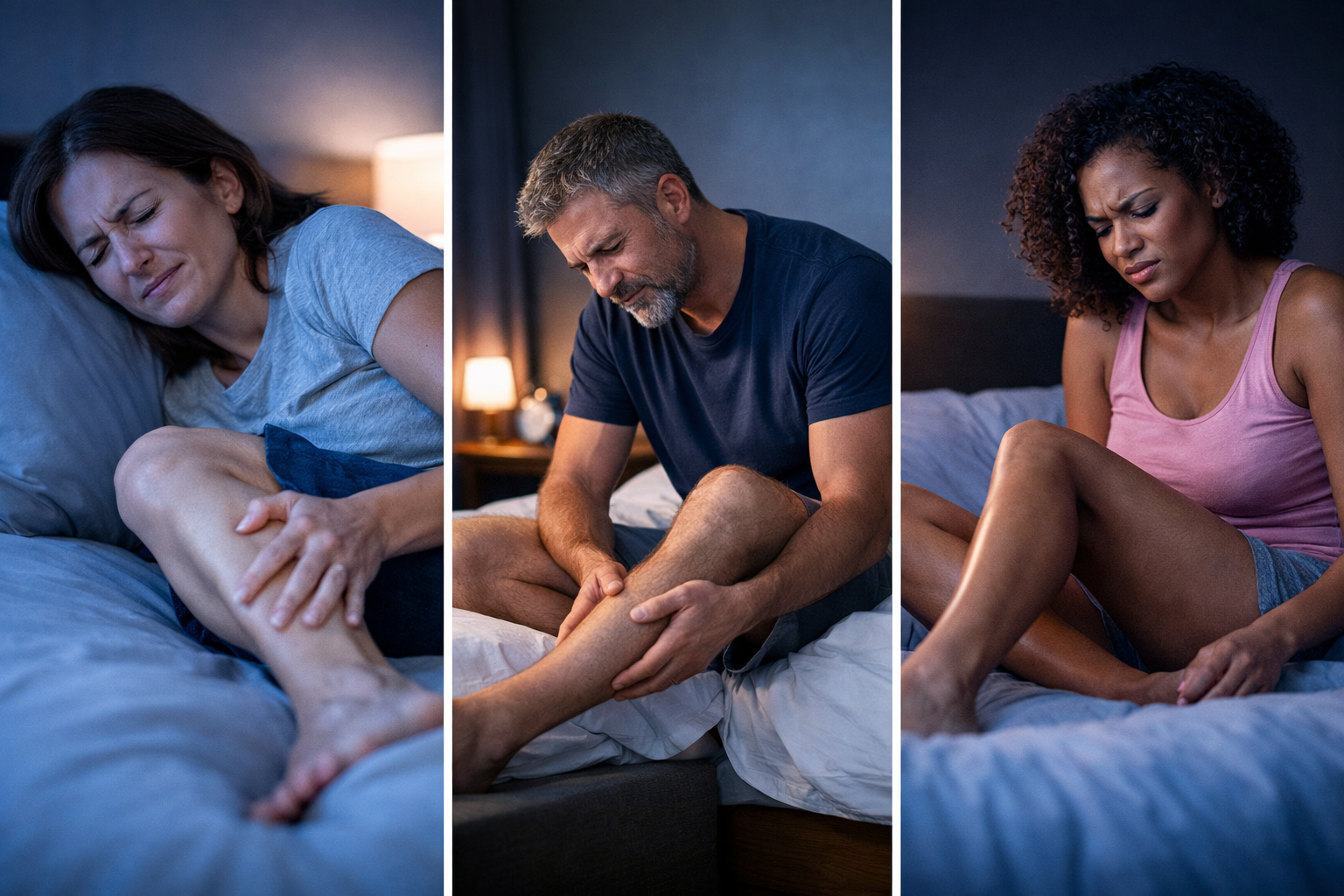
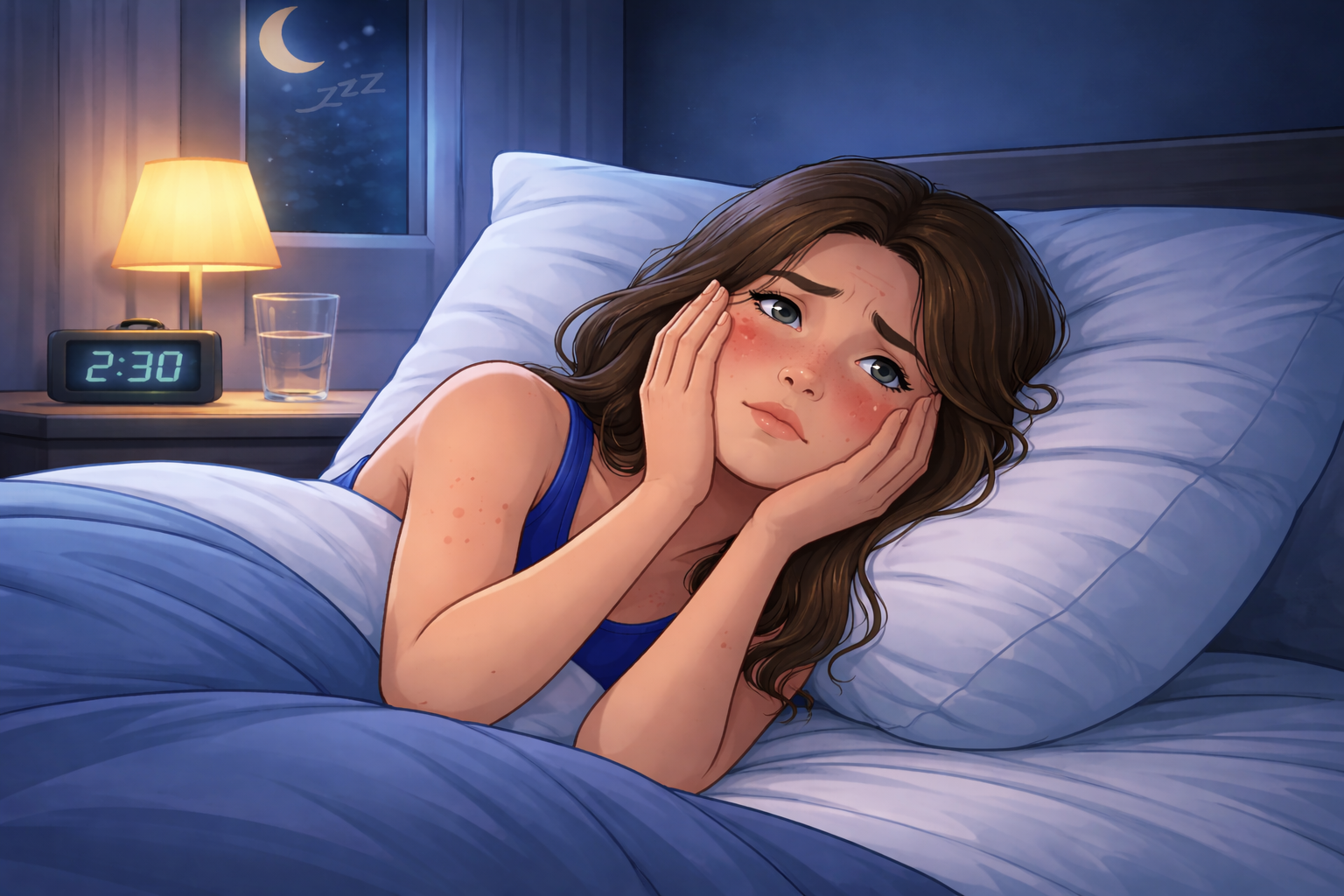


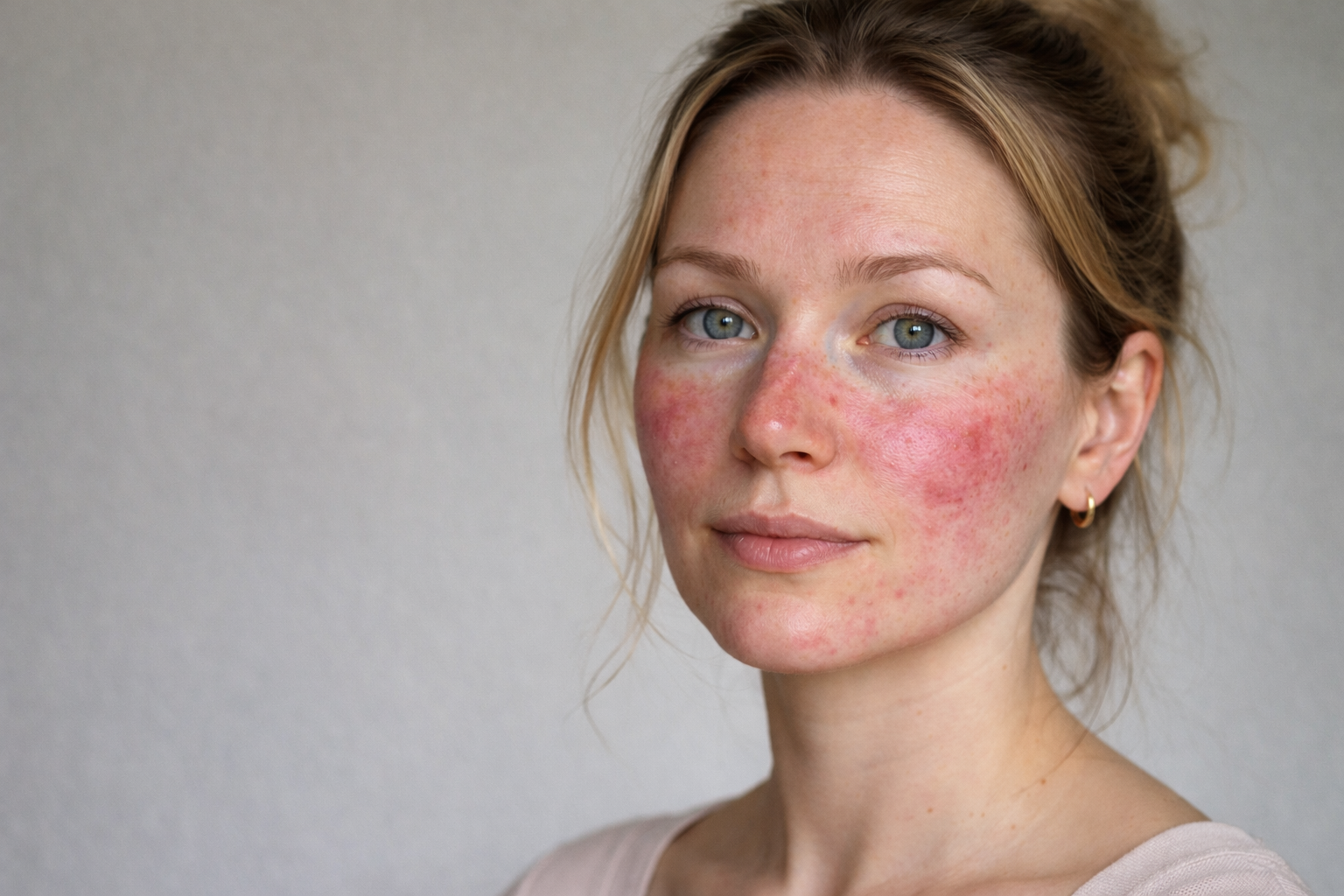


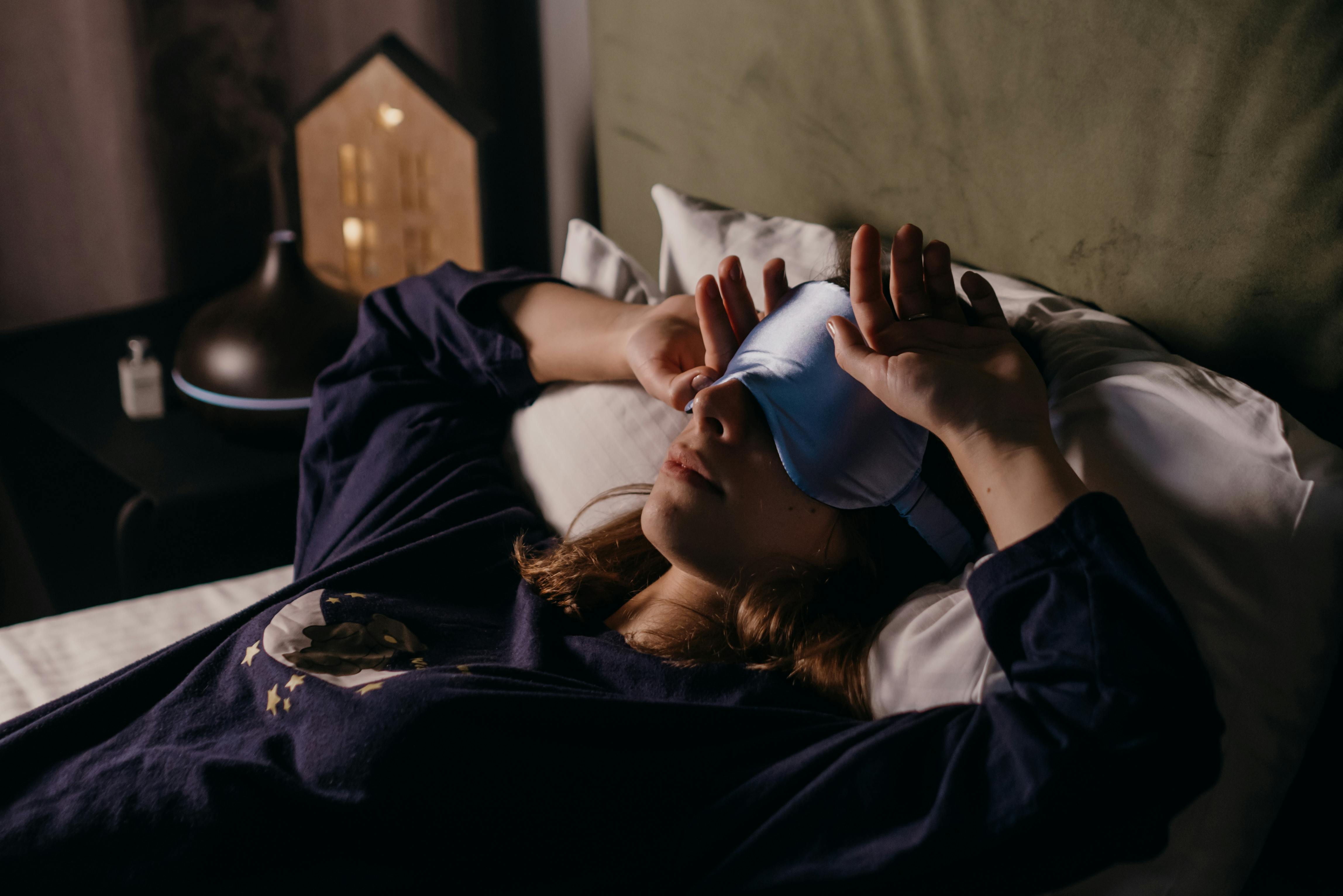

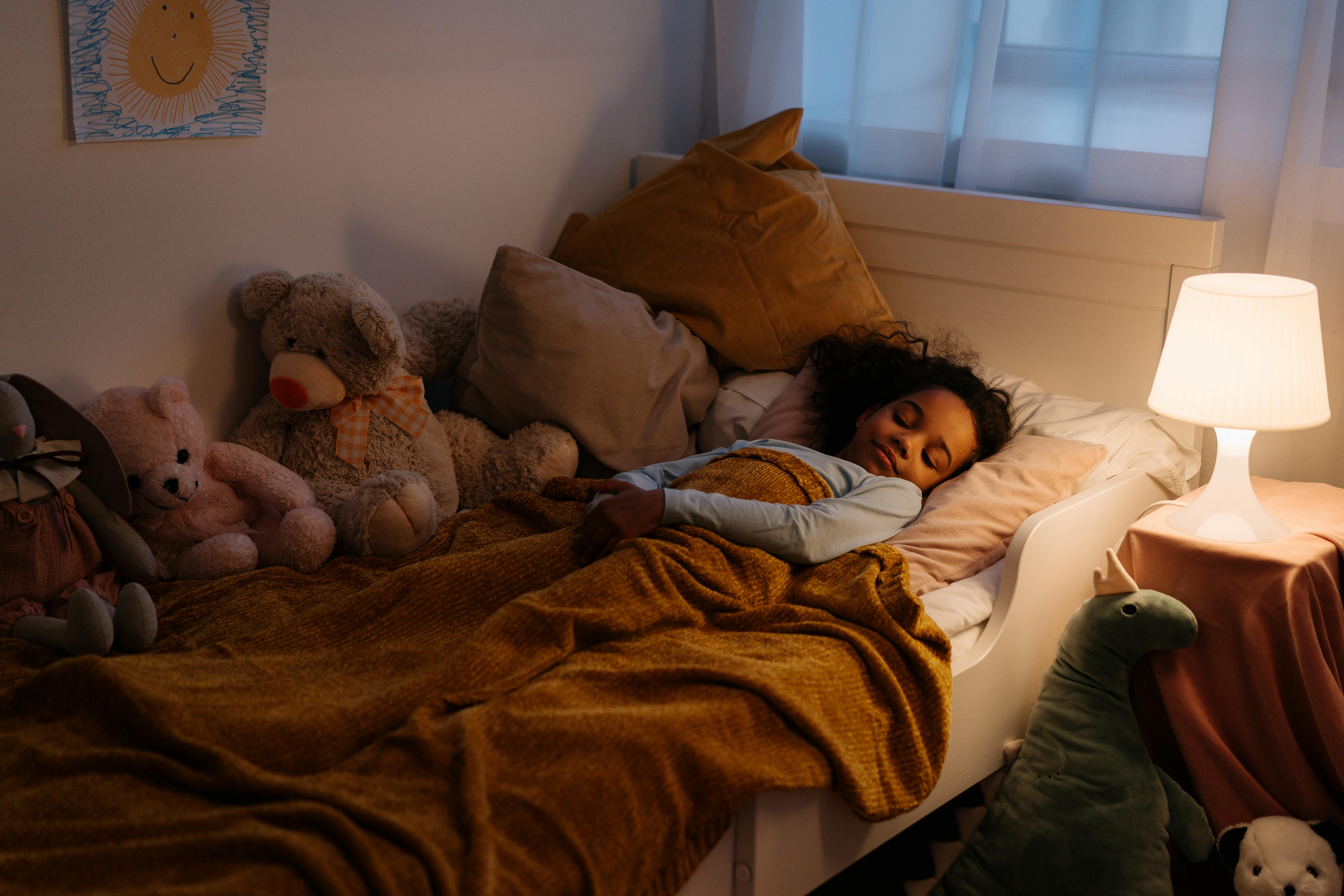


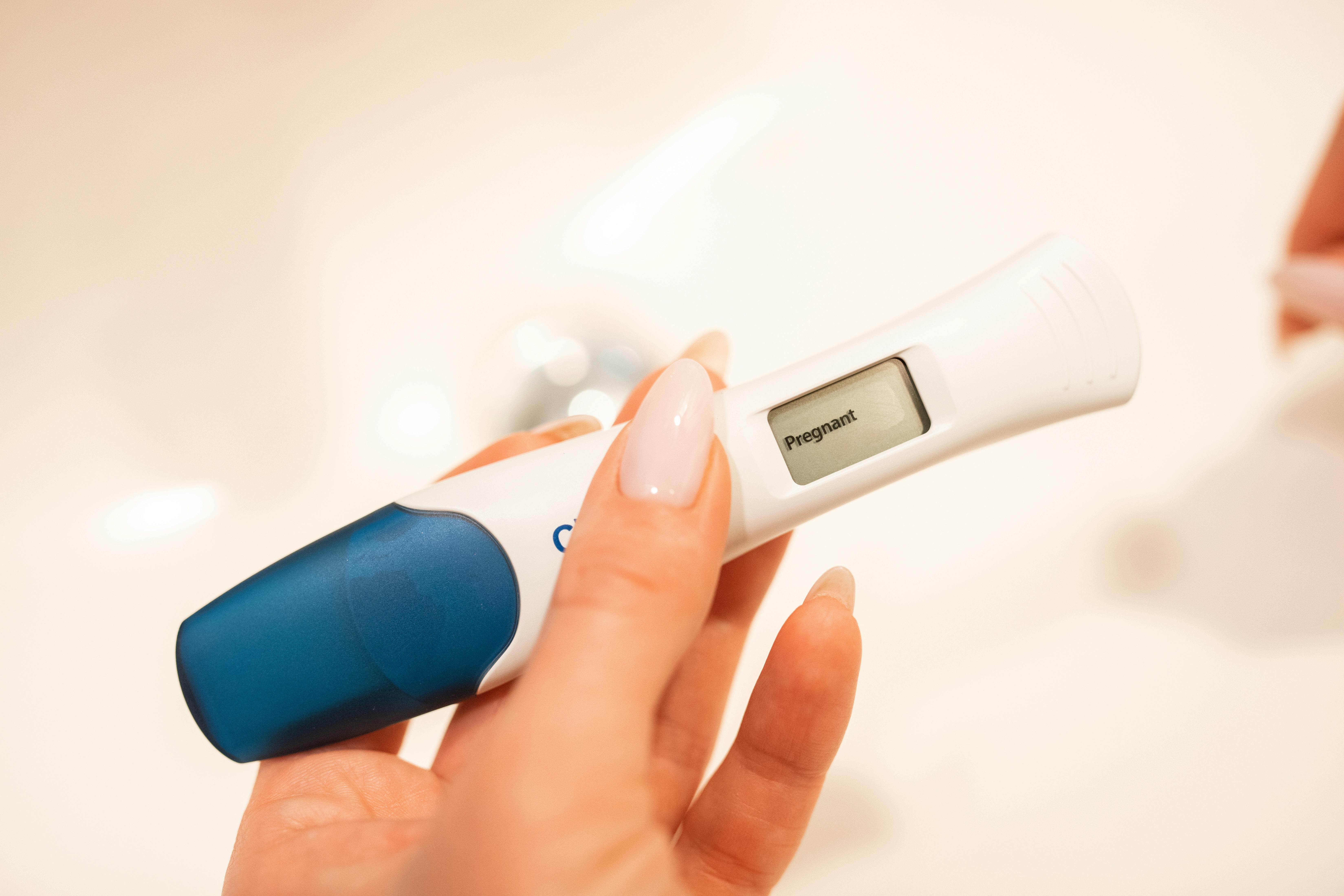





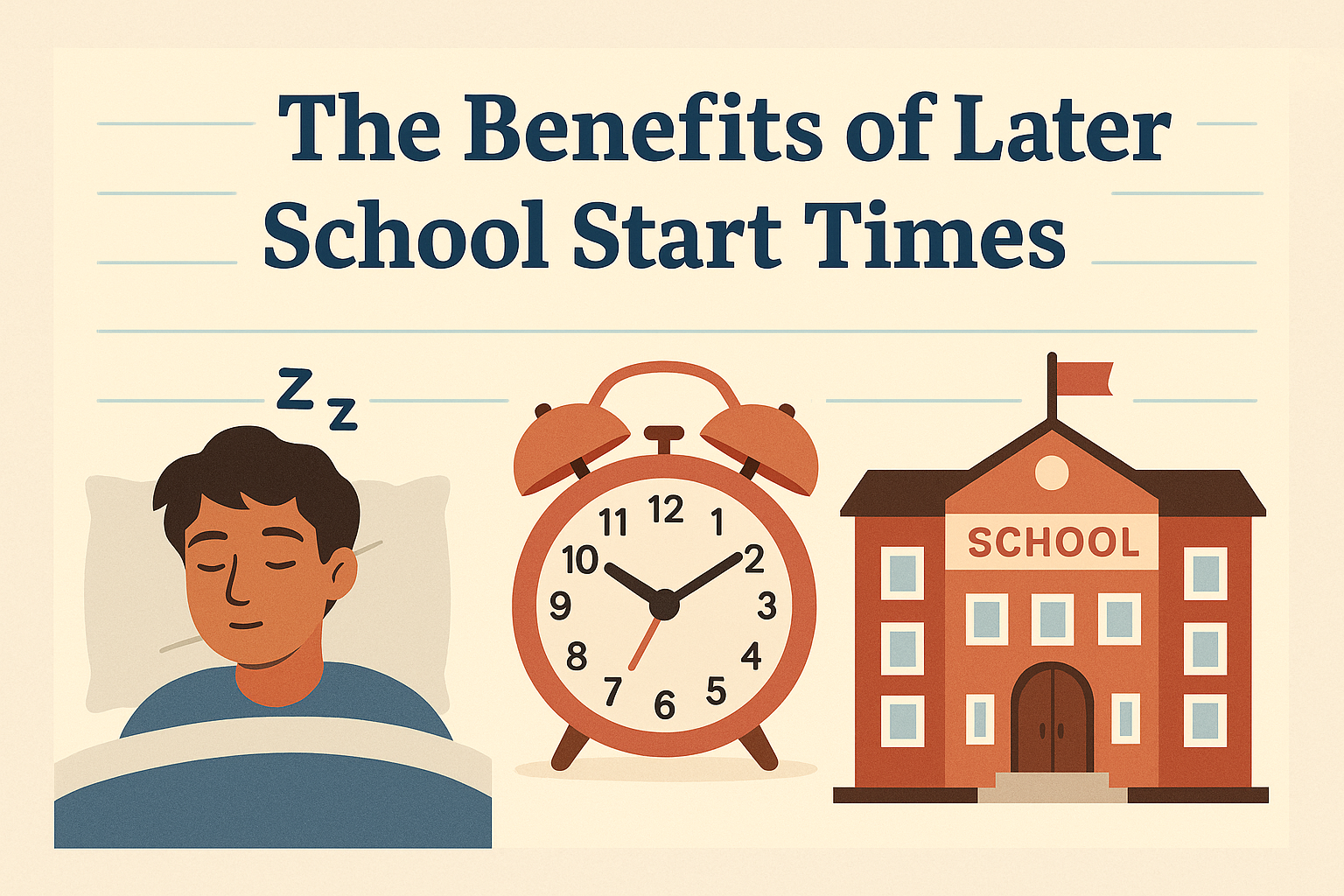

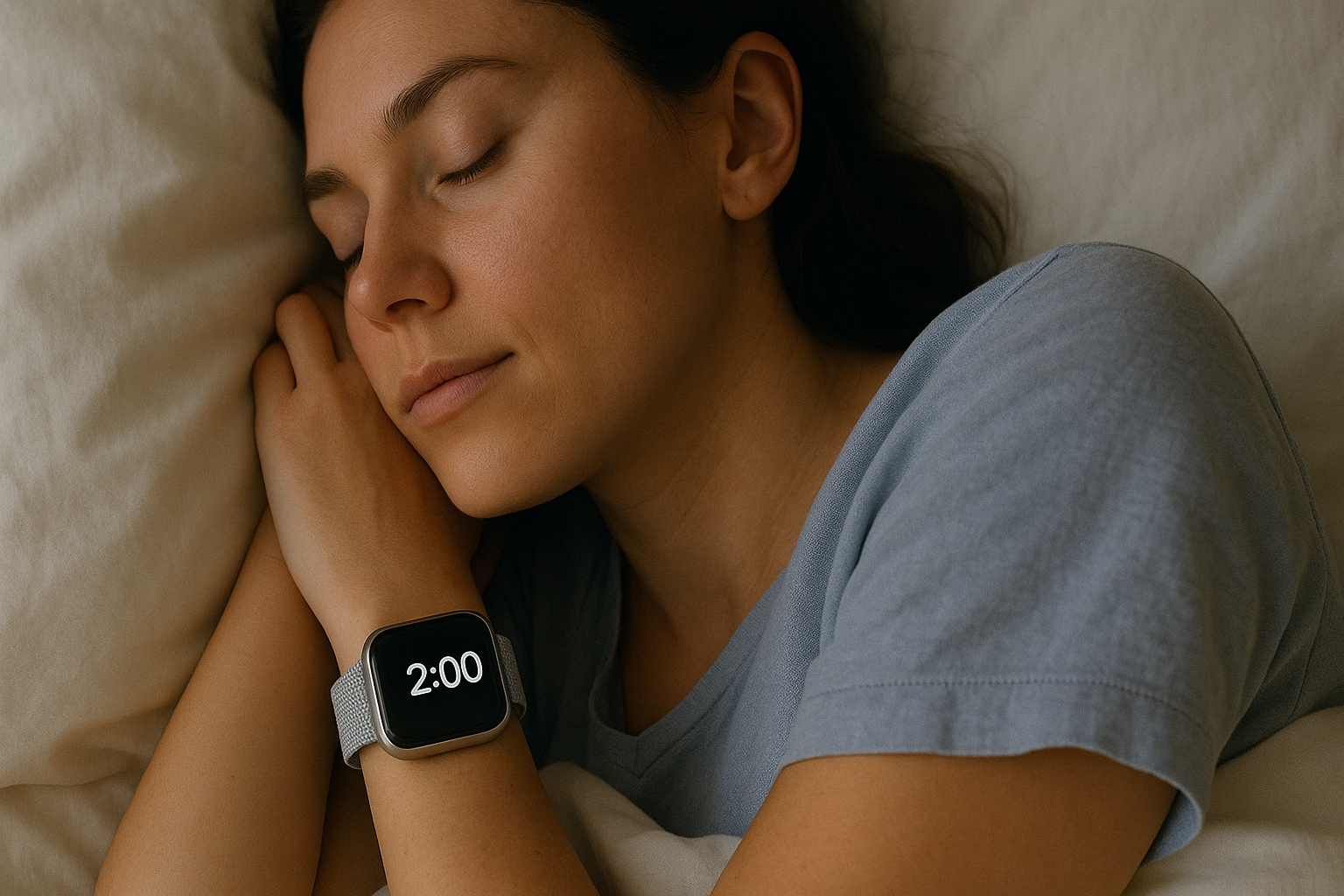


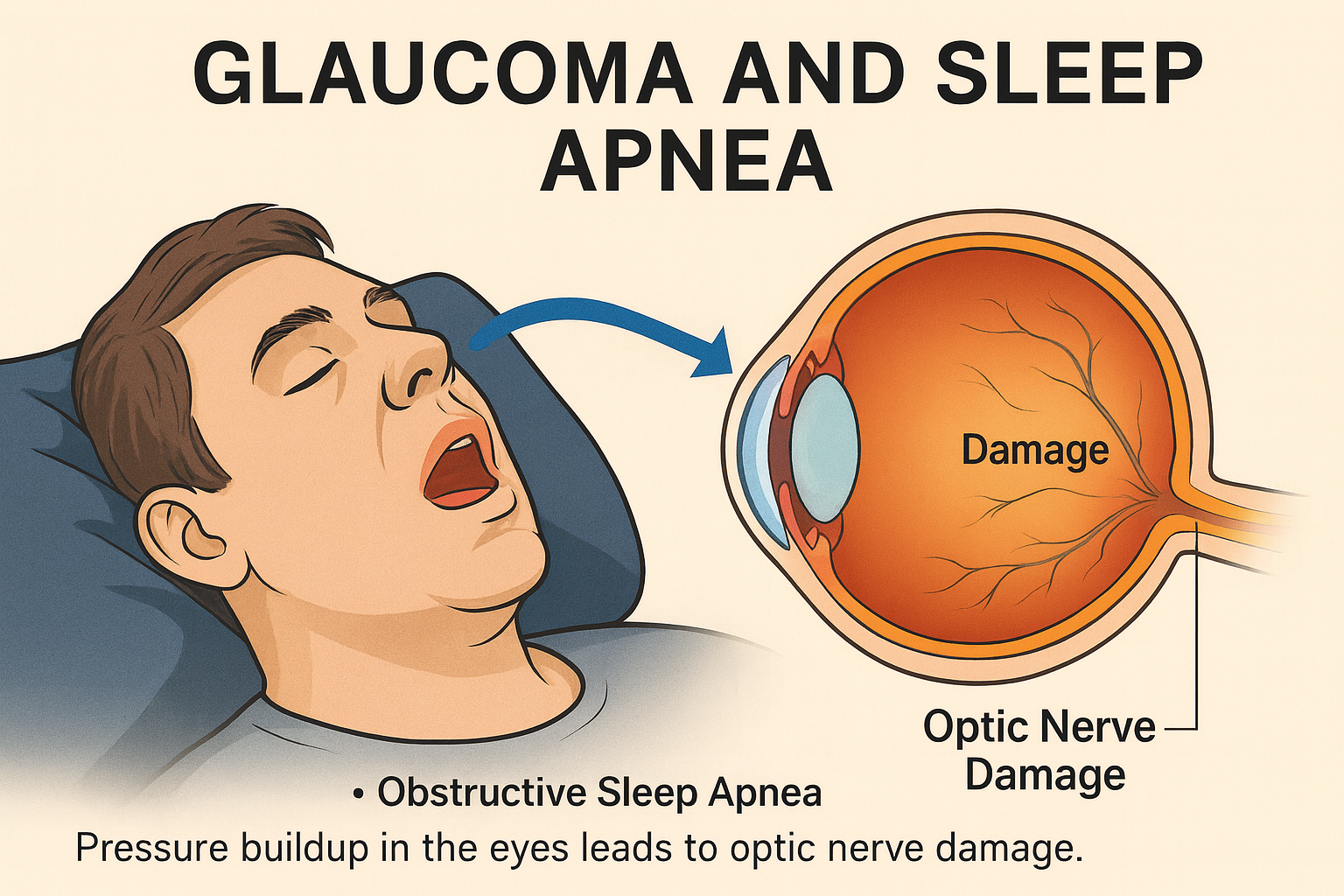
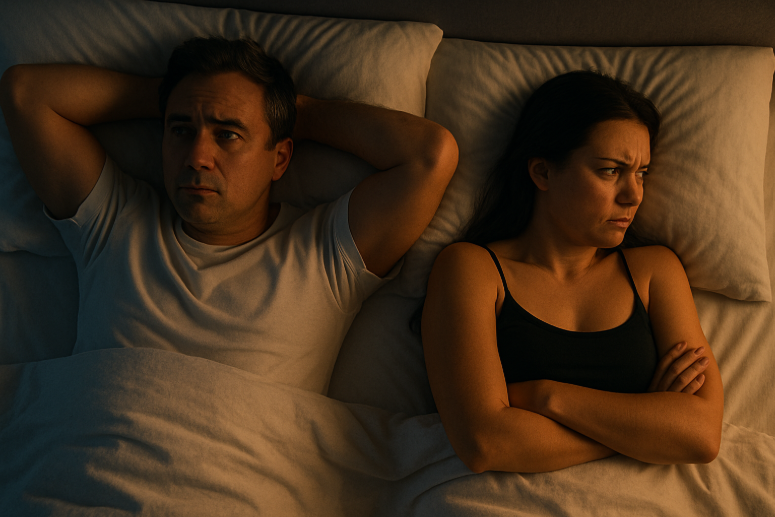
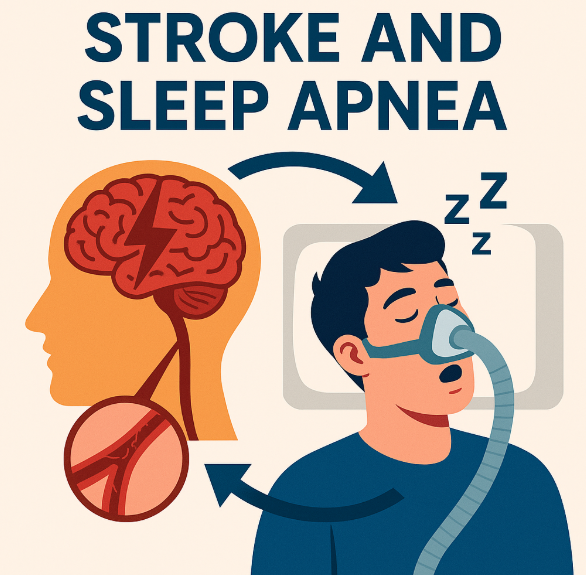
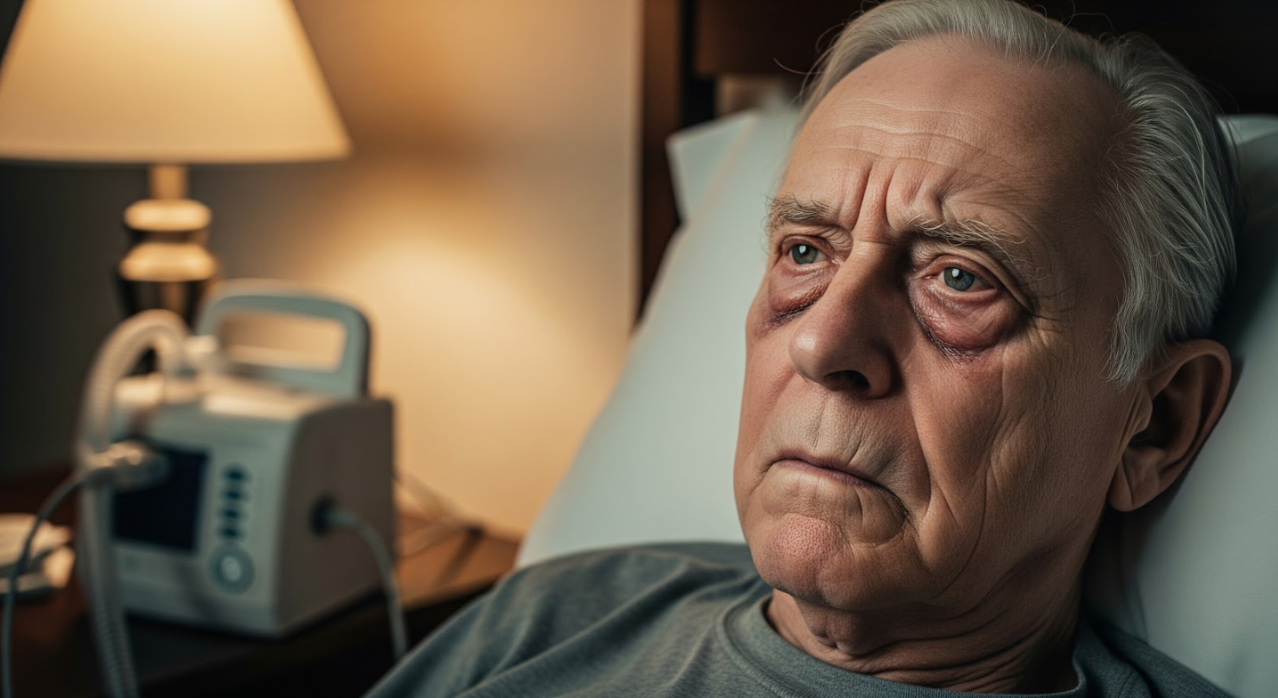































































%20thumbnail.jpg)
.png)